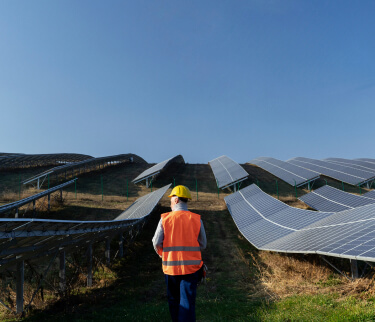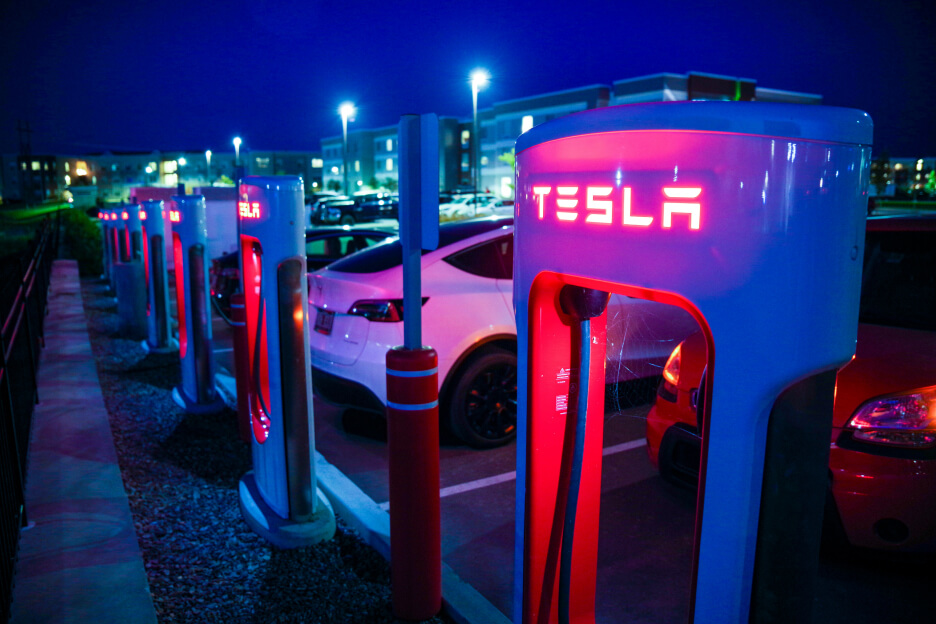Electrical Engineering

About ELECTRICAL Engineering
Electrical Engineering involves the design and application of equipment that uses electricity and electronics.
Key aspects of electrical engineering projects include:
Power Generation and Distribution:
– Designing electrical systems for power generation, transmission, and distribution ensures reliable and efficient energy delivery.
– Selecting and optimizing components such as transformers, circuit breakers, and switchgear supports optimal performance and safety.
Control Systems and Automation:
– Engineers develop control systems to regulate and monitor electrical equipment and processes, enhancing efficiency and productivity.
– Integrating automation technologies improves system performance and remote operation in industrial and commercial settings.
Renewable Energy Integration:
– Engineers can design systems that integrate renewable energy sources such as solar, wind, and hydroelectric power into existing electrical grids.
– Optimizing energy storage solutions and grid interconnection maximizes renewable energy utilization and minimize environmental impact.
Electrical engineering has applications across a wide range of projects.
Examples include building and infrastructure projects (such as residential and commercial buildings, hospitals, and transportation networks), manufacturing plants, refineries, utility-scale power plants, and renewable energy projects, including solar photovoltaic systems
Related Services






